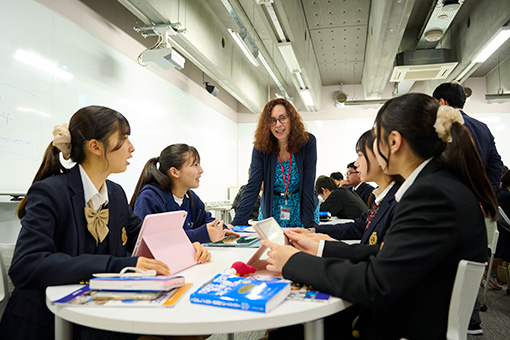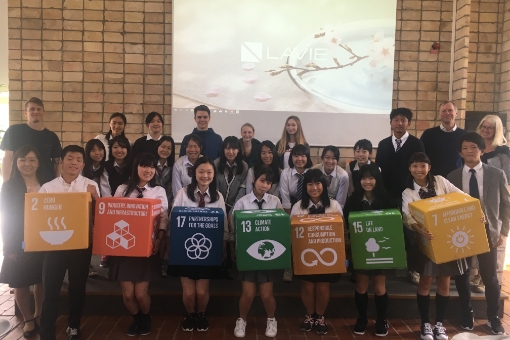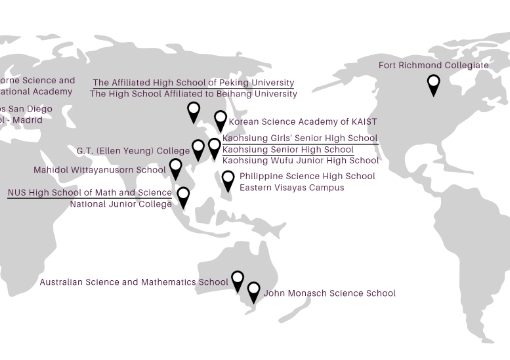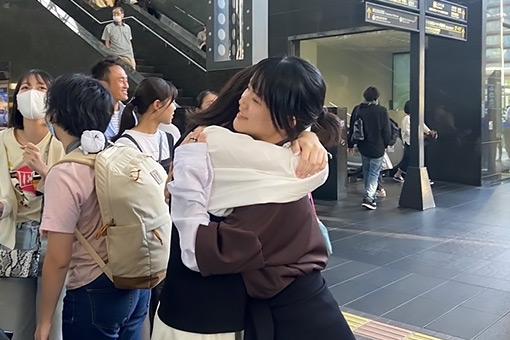Research the student's home country: Familiarizing yourself with their culture, customs, holidays, and hometown can be beneficial.
Welcome Ideas: Consider greeting them with a personalized board at the airport or providing a welcome kit with local maps and information.
Pre-arrival correspondence: Engage with them through email or social media. This initial connection can help ease their anxieties and foster rapport.








